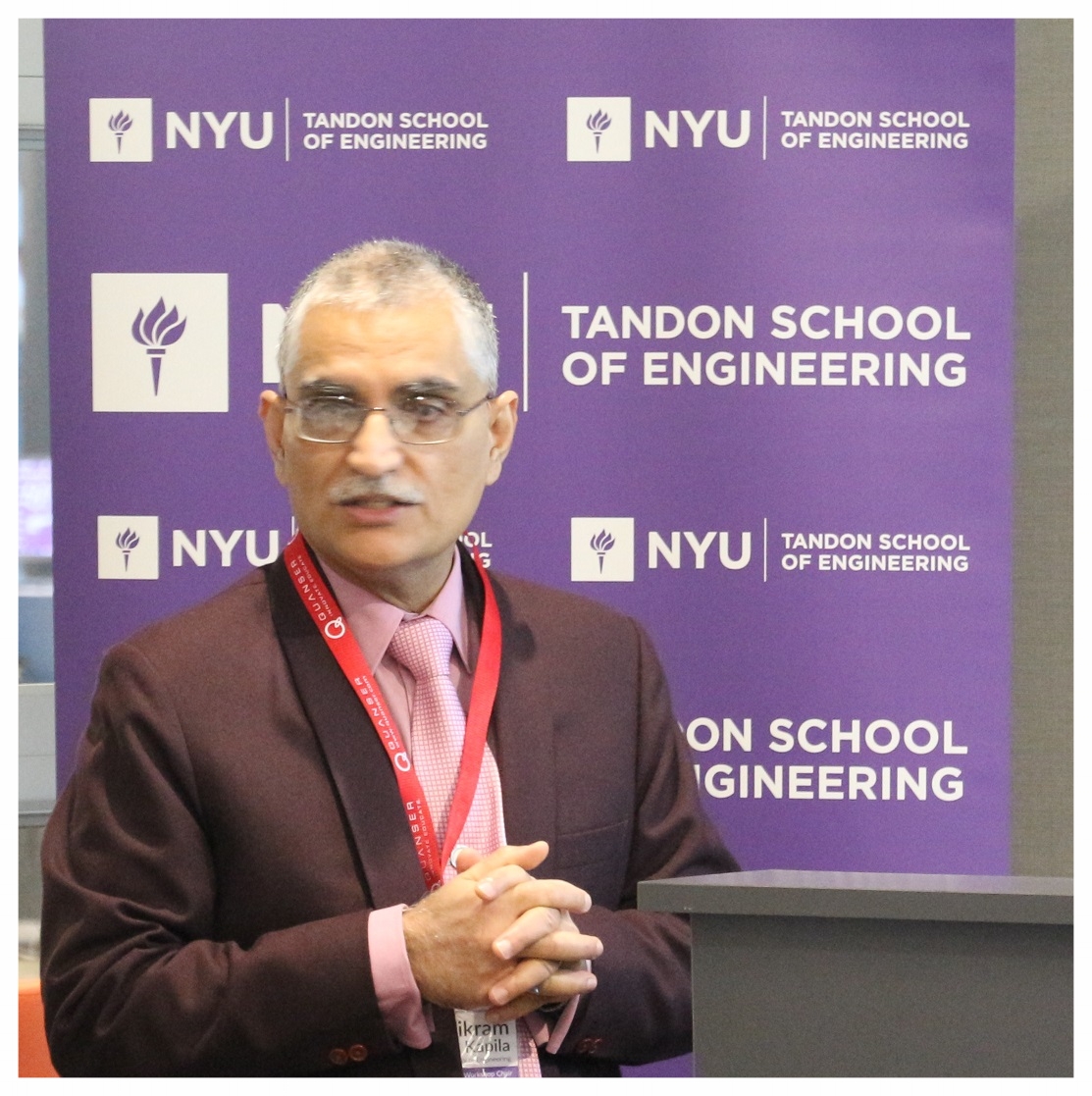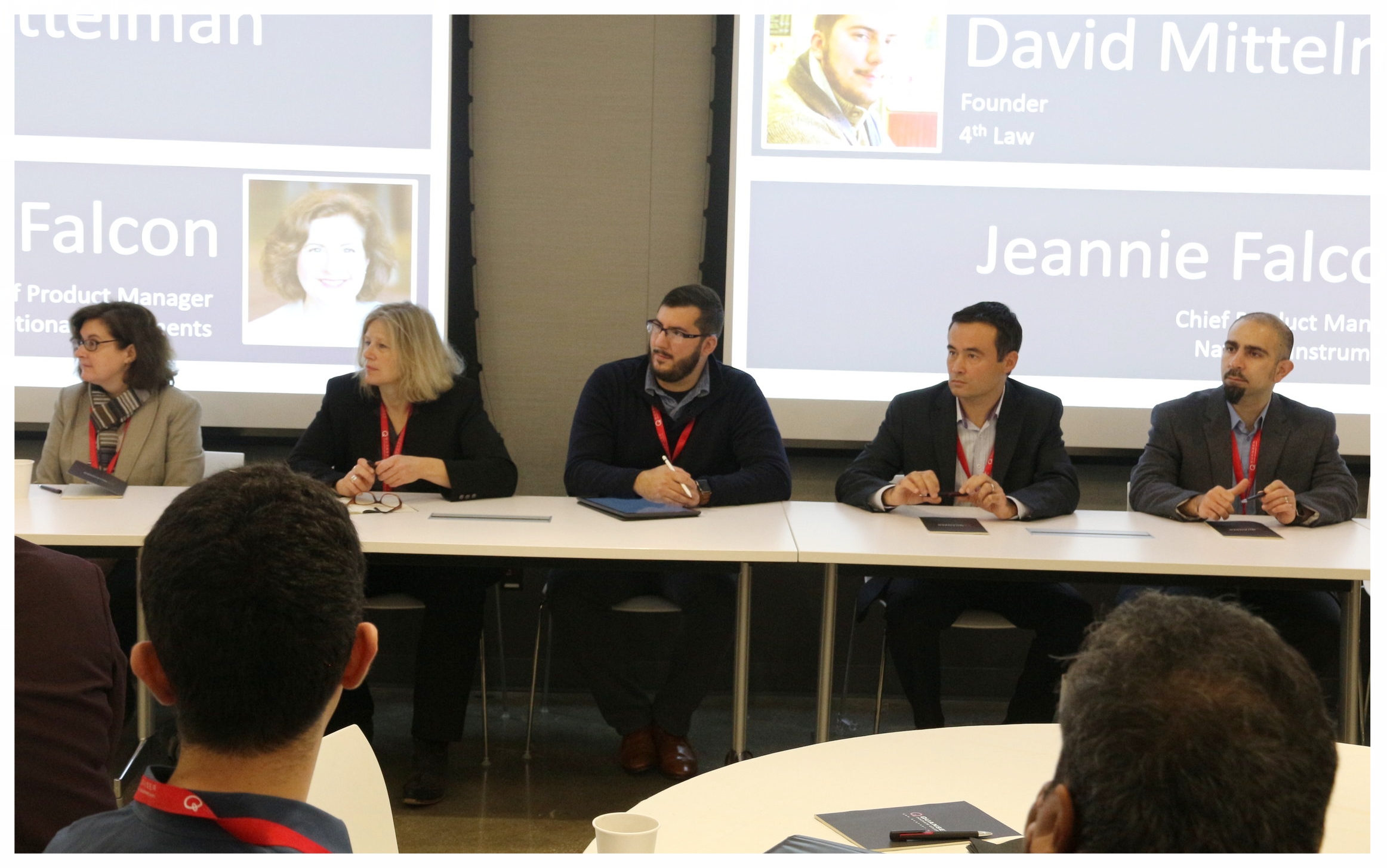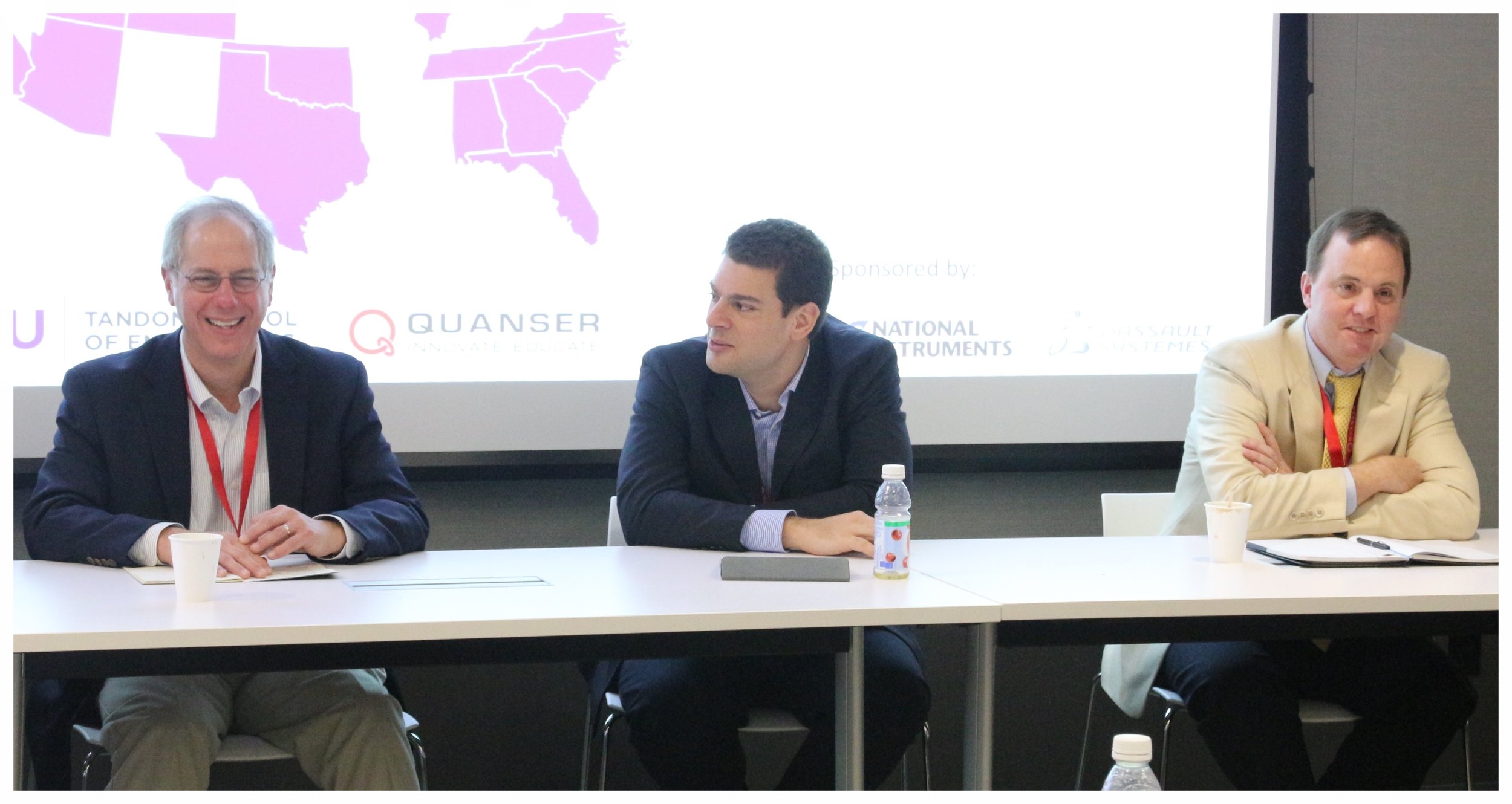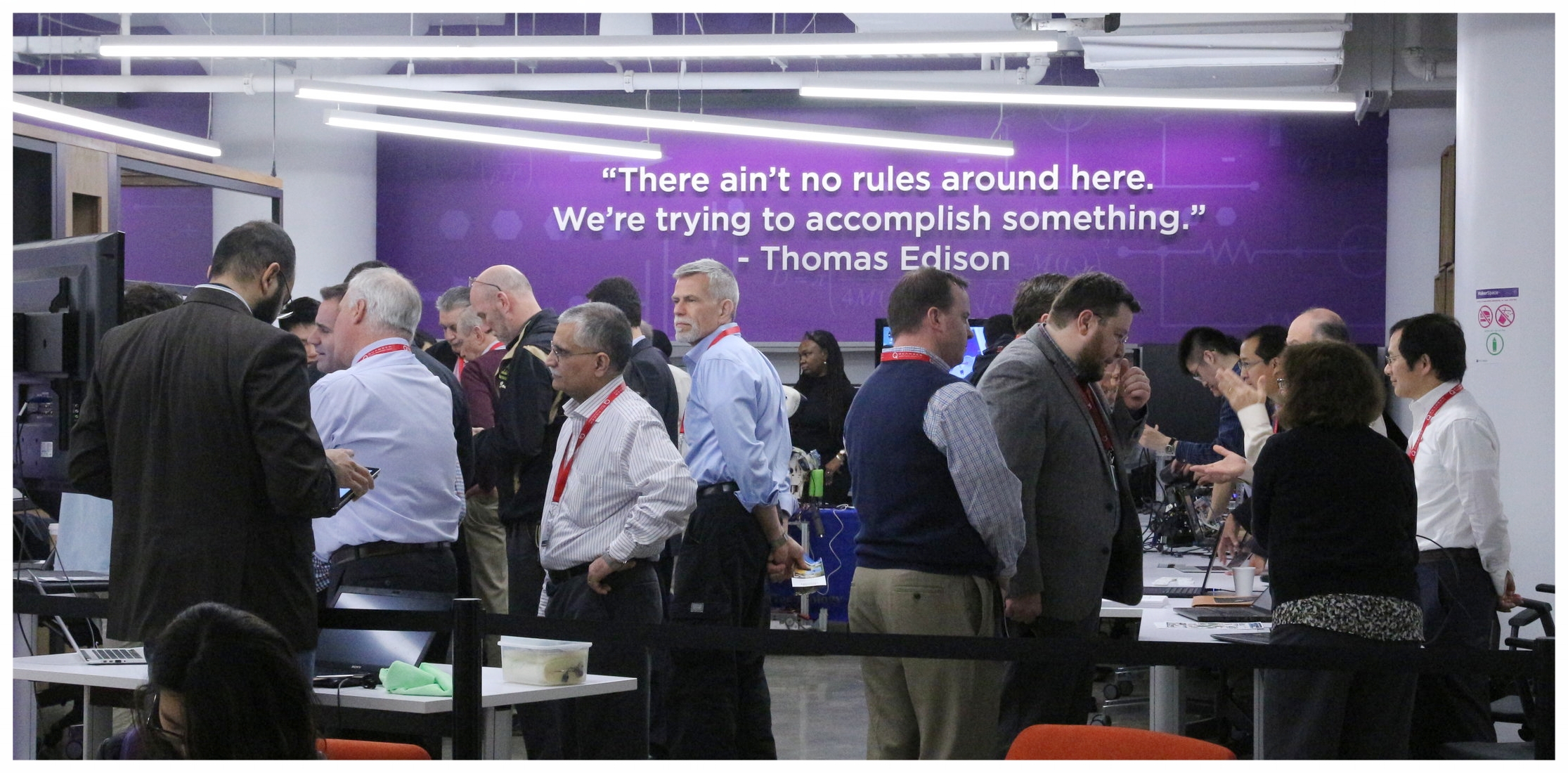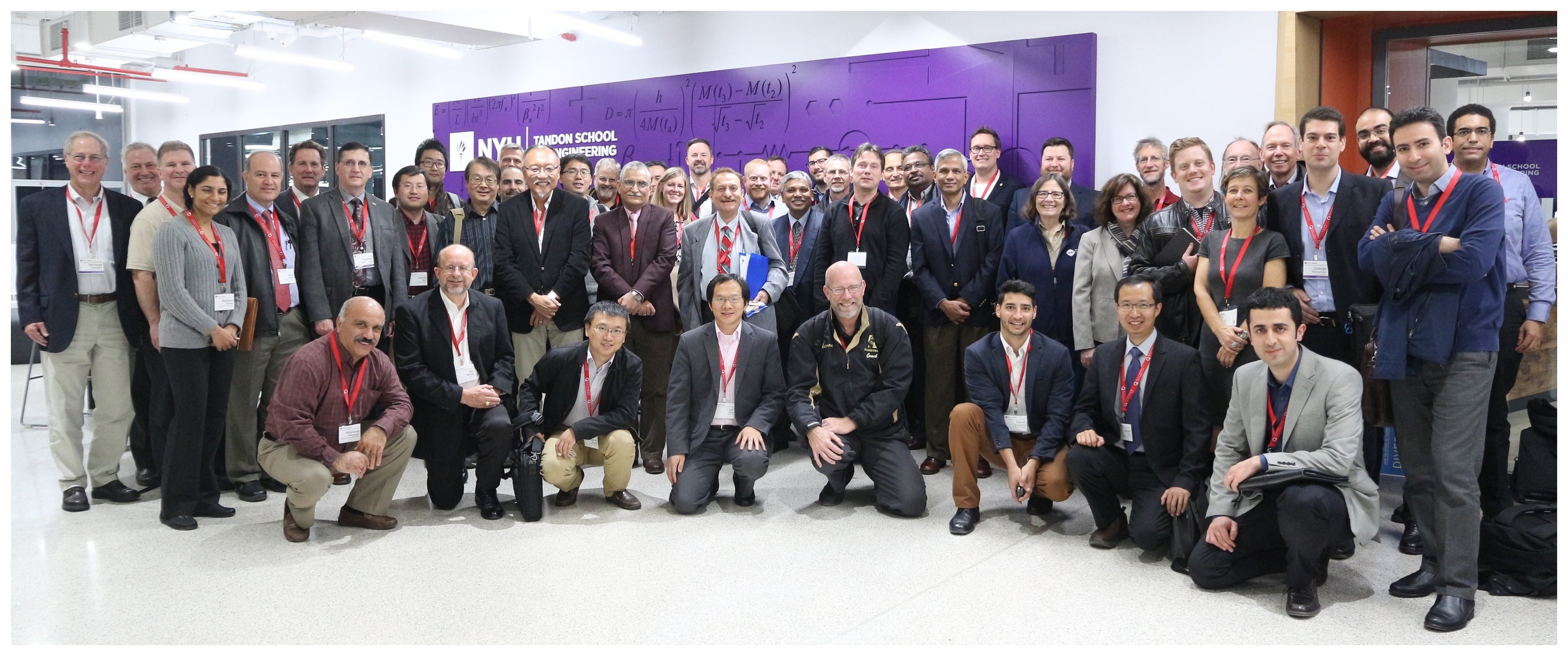Mechatronics Educators Exchange Ideas
/Professor Kapila from the NYU Tandon School of Engineering believes that “mechatronics as a field has grown sufficiently mature, that instead of simply offering individual courses or a sequence of courses, we must be at a stage now to create entire academic programs.” He wanted to share his experiences from building a Mechatronics and Robotics program at NYU Tandon with other educators facing similar challenges, and see how they approach mechatronics education at their institutions.
In June 2016, Dr. Kapila invited a small group of fellow professors to NYU Tandon. They represented institutions that already designed and launched mechatronics programs, as well as those who are just starting. He also brought in Quanser, a leading developer of experiments and courseware for mechatronics, robotics, and controls research and teaching, to get the perspective of the industry. The Mechatronics Education Workshop: Designing and Building Effective Programs was a great success, and all the participants agreed this type of forum was extremely useful and needed. Professor Kapila started working on a second workshop, wanting to bring a larger group of educators and companies to engage in discussion on the future of mechatronics education.
Dr. Kapila hoped for some 30 participants for the second workshop. Being able to secure an NSF funding, as well as support from companies such as Quanser, National Instruments, and Dassault Systemes, the Mechatronics Education Innovation Workshop by far exceed his own expectations.
More than seventy attendees representing universities and two- and four-year colleges from all over the U.S., UK, and Denmark, convened to NYU Tandon’s Brooklyn campus in mid-November. Together with the panelists from a wide range of industries, they discussed the skills engineering graduates need, the role of industry in shaping mechatronics education, key components of the mechatronics programs, and how best to balance the theory and applied work, the new mechatronics courses and related traditional courses. They also heard how their peers at the California University at Berkeley, University of Illinois, Chicago, US Naval Academy, Worcester Polytechnic Institute, University of Alabama, and the University of Sheffield, UK, approached creating mechatronics programs, what challenges they encountered and what are their plans for the future. And as hands-on approaches to learning are inherent to mechatronics, the workshop concluded with the demonstration session and a tour of the labs at NYU Tandon.
There’s still a lot to discuss – and that’s way the participants welcomed the idea of creating a community site for mechatronics educators, where they would be able to exchange ideas, share curricula, and best practices and continue the conversation.


